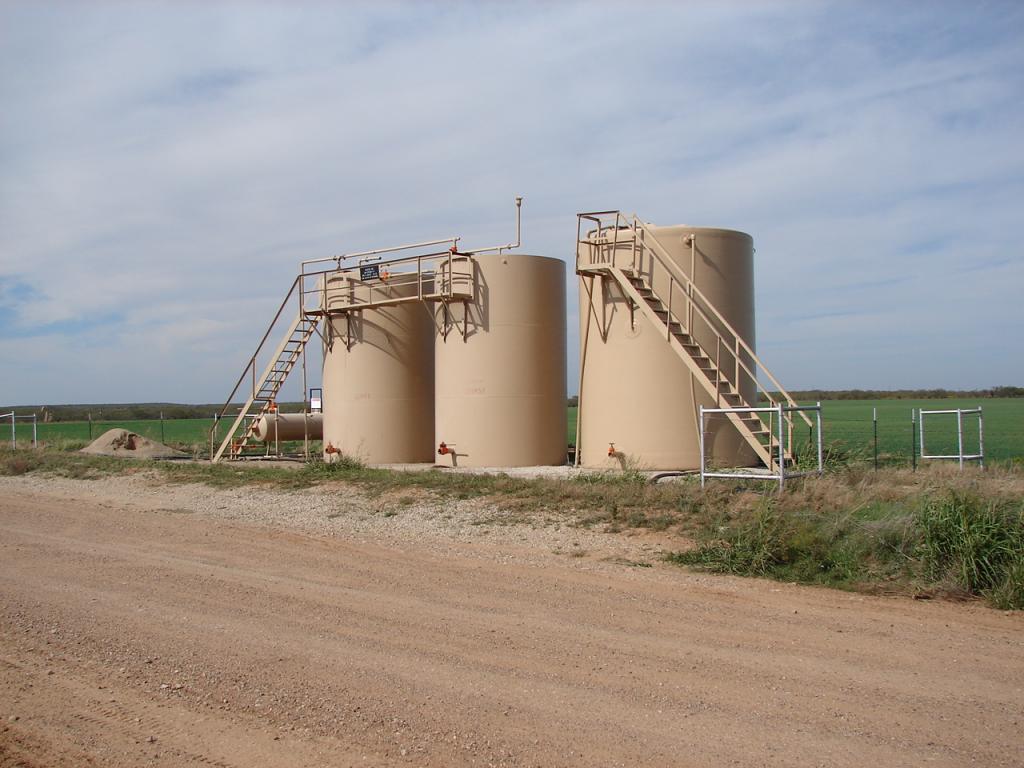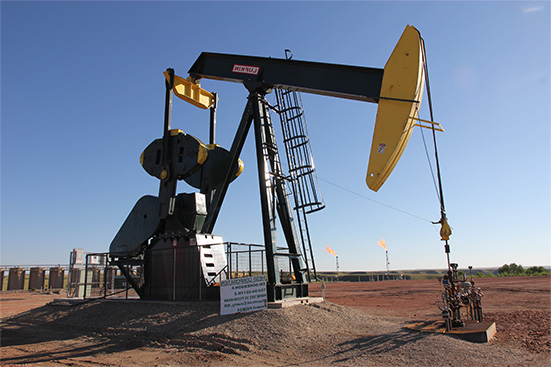
Like other real estate assets, oil and gas investing can give a protective barrier to inflation. Although the depressed commodity prices of oil and gas can have a negative impact on returns, investments in oil and gas can outperform traditional bonds and stocks during periods of inflation or economic downturn.
What is a 1031 exchange?
The name “1031 Exchange” came from the Internal Revenue Code Section 1031. It is an investing tool that lets investors defer capital gains or losses as well as depreciation by reinvesting or “swapping out” profits from the sale of an investment property without having to pay capital gains tax – hence, preserving significant wealth.
Requirements of a Section 1031
A section 1031 exchange requires that the replacement investment property to be of ‘like-kind’
Whether land or raw or those with substantial improvements, virtually all real estate properties qualify as like-kind. According to the Internal Revenue Service, properties must be similar in character and nature but not necessarily of the same grade or quality.
Investors must find and identify a replacement property within 45 days of relinquishing control of their first property.
To receive the full benefit of a 1031 exchange, you have only 45 days from the day you sell your original assets to identify a replacement property.
If everything pans out well, you’ll pay only a single tax at a long-term capital gains rate (presently at 15 or 20 percent, depending on your income. As of 2022, it’s 0 percent for some lower-income taxpayers).
Currently, there is no limit on the quantity of capital gains derived from the sale of investment real estate properties that are protected from taxes through 1031 exchanges, allowing your investment to grow, tax-deferred. This means that you gain profits from every property swap while avoiding paying tax until many years later, when you decide to sell for cash.
Within 180 days of the first property’s sale, the next property must be received, as well as the exchange completed
This is absolute and cannot be extended or changed: you must close on the replacement property within 180 days. In short, you should be able to conclude the exchange within the said timeframe.
In terms of oil and gas investment, what are the benefits of using a 1031 exchange?
- By exchanging appreciated real estate for oil and gas interests, qualified investors are provided with portfolio diversification.
- Under IRS Section 1031, oil and gas properties can be used as replacement property for investments like real estate.
Contact DW Energy
Want to learn more about oil & gas investing? Our expert team can provide you with more information or schedule a consultation to talk about diversifying your investment portfolio.

Risks of a 1031 exchange
If unsuccessful, a Section 1031 exchange has the likelihood to trigger recognition of the deferred capital gain. Note that you must adhere to strict exchange property identification rules as set out by the IRS, and that all transactions must be completed within 180 days.
There are no guarantees that the following will take place:
- Each individual exchange will be approved by the IRS.
- Certain tax laws may not be changed in the future.
- The IRS may not alter its application of the law to upcoming or future cases.
If you want to understand the full scope of any tax-related risks, consult with a qualified intermediary and a personal tax advisor. They have the knowledge of specific state laws and each individual tax situation and are fully capable to help.
Why oil and gas for your 1031 exchange?
The oil and gas sector is a solid investment opportunity, mainly driven by a fusion of influences:
- Gain monthly revenue distributions for the exchange.
- No responsibilities in terms of management. Beneficial interest and ownership in a Delaware Statutory Trust (DST) eradicates the everyday operational obligations and management associated with direct ownership of real estate.
- Portfolio diversification opportunities.
Lucrative “like-kind” exchange prospects currently exist for oil and gas interests. To learn more about how an industry-leading oil and gas investment company like DW Energy Group can help, get in touch.
Contact dw energy
Sources:
“Section 1031 Definition,” Investopedia, https://www.investopedia.com/terms/s/section1031.asp
“6 Steps to Understanding 1031 Exchange Rules,” Stessa, https://www.stessa.com/blog/1031-exchange-rules/
“What Is A 1031 Exchange? The Process Explained,” Fortune Builders, https://www.fortunebuilders.com/1031-exchange-explained/
“What Is a 1031 Exchange? Know the Rules,” Investopedia, https://www.investopedia.com/financial-edge/0110/10-things-to-know-about-1031-exchanges.aspx
